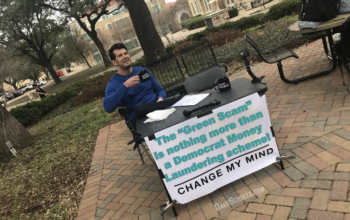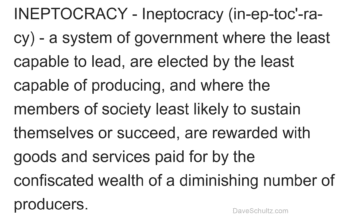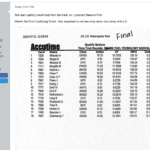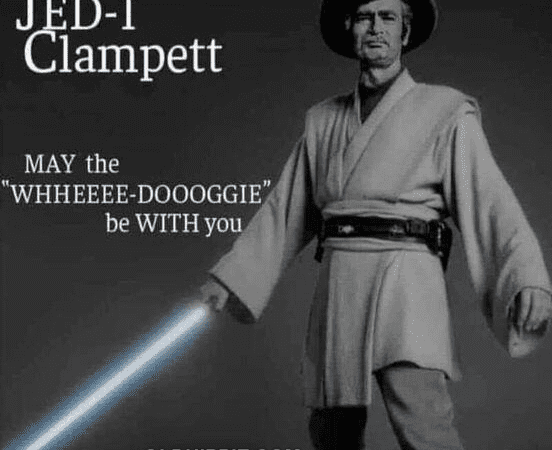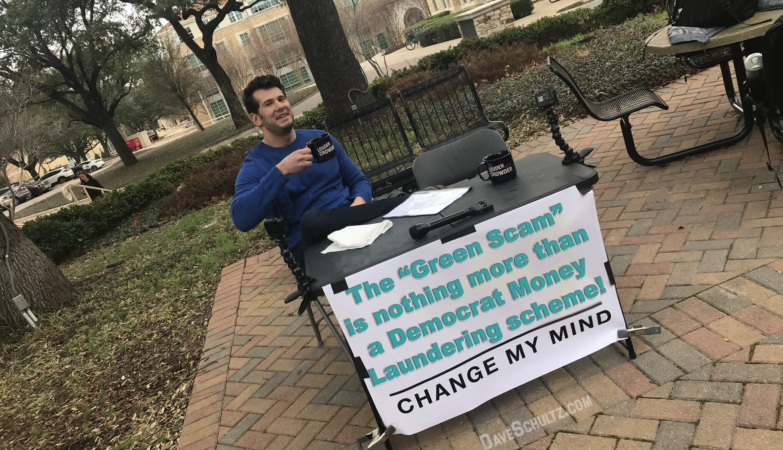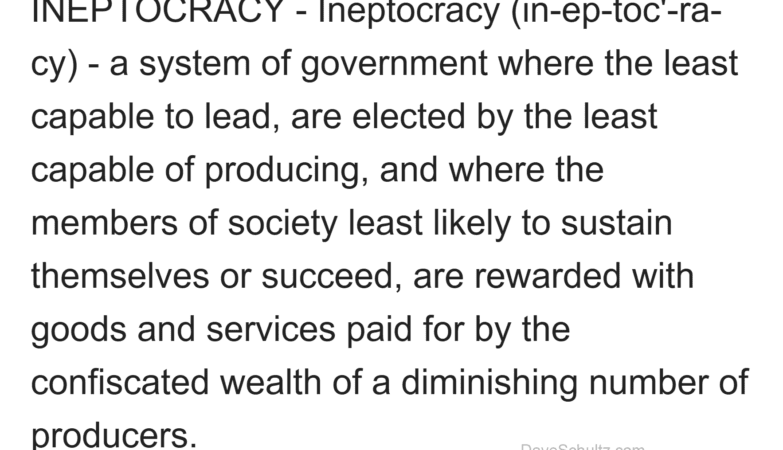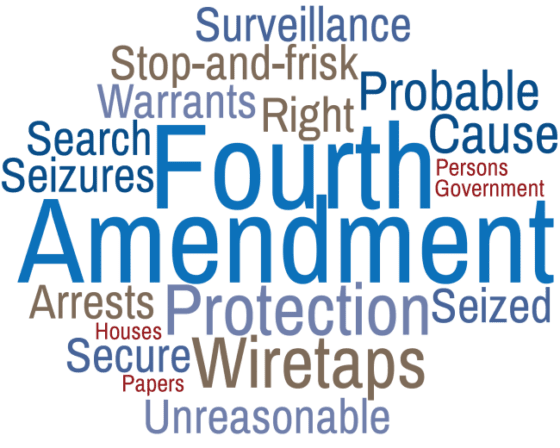
Forget about the 4th amendment. The government is suppose to go to court and ask for a subpoena or warrant for a specific person, on specific dates, for a specific crime. However, in a Fascist government – everything is fair game. The government asked Bank of America for the names of all people making any charges on their credit or debit card in DC during 1/5-7, or stayed in a hotel in the three states around DC 1/5-7, or flew any where or made any purchase at a place which also sells firearms.
So without a warrant, the government asked B of A to Rat out anyone who might have attended Trump’s rally – or may have bought a gun. Trust me, Fascistbook knows far more about you than your bank – and would rat you out in a second.
Click the link below to see the short video of Tucker Carlson’s report.
https://www.foxnews.com/opinion/tucker-carlson-bank-of-america-customer-data-feds-capitol-riot
For those of you unfamiliar with the 4th Amendment:
Overview
I. INTERESTS PROTECTED
The Fourth Amendment of the U.S. Constitution provides that “[t]he right of the people to be secure in their persons, houses, papers, and effects, against unreasonable searches and seizures, shall not be violated, and no Warrants shall issue, but upon probable cause, supported by Oath or affirmation, and particularly describing the place to be searched, and the persons or things to be seized.”
The ultimate goal of this provision is to protect people’s right to privacy and freedom from unreasonable intrusions by the government. However, the Fourth Amendment does not guarantee protection from all searches and seizures, but only those done by the government and deemed unreasonable under the law.
To claim violation of Fourth Amendment as the basis for suppressing a relevant evidence, the court had long required that the claimant must prove that he himself was the victim of an invasion of privacy to have a valid standing to claim protection under the Fourth Amendment. However, the Supreme Court has departed from such requirement, issue of exclusion is to be determined solely upon a resolution of the substantive question whether the claimant’s Fourth Amendment rights have been violated, which in turn requires that the claimant demonstrates a justifiable expectation of privacy, which was arbitrarily violated by the government.
In general, most warrantless searches of private premises are prohibited under the Fourth Amendment, unless specific exception applies. For instance, a warrantless search may be lawful, if an officer has asked and is given consent to search; if the search is incident to a lawful arrest; if there is probable cause to search and there is exigent circumstance calling for the warrantless search. Exigent circumstances exist in situations where a situation where people are in imminent danger, where evidence faces imminent destruction, or prior to a suspect’s imminent escape.
On the other hand, warrantless search and seizure of properties are not illegal, if the objects being searched are in plain view. Further, warrantless seizure of abandoned property, or of properties on an open field do not violate Fourth Amendment, because it is considered that having expectation of privacy right to an abandoned property or to properties on an open field is not reasonable.
However, in some states, there are some exception to this limitation, where some state authorities have granted protection to open fields. States can always establish higher standards for searches and seizures protection than what is required by the Fourth Amendment, but states cannot allow conducts that violate the Fourth Amendment.
Where there was a violation of one’s fourth amendment rights by federal officials, A bivens action can be filed against federal law enforcement officials for damages, resulting from an unlawful search and seizure. Under the Bivens action, the claimant needs to prove that there has been a constitutional violation of the fourth amendment rights by federal officials acting under the color of law.
However, the protection under the Fourth Amendment can be waived if one voluntarily consents to or does not object to evidence collected during a warrantless search or seizure.
